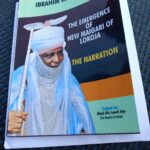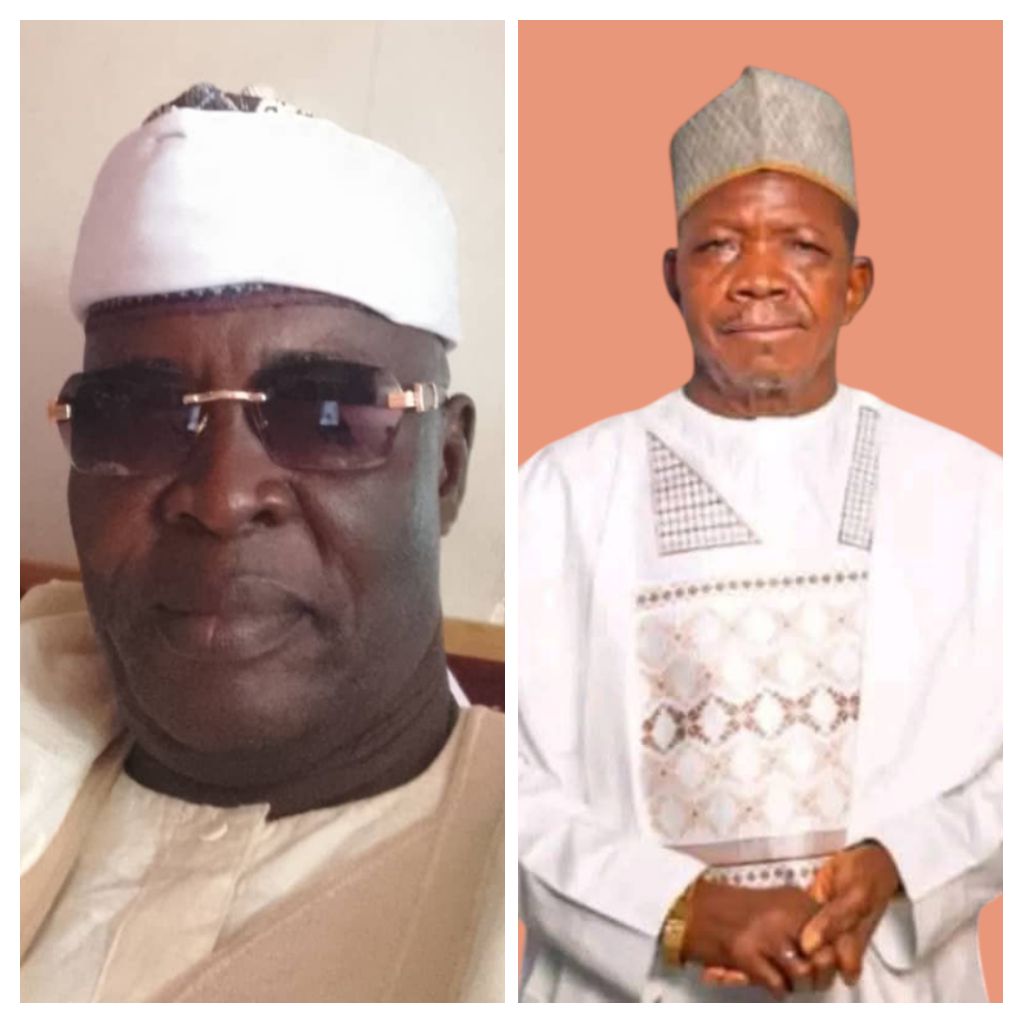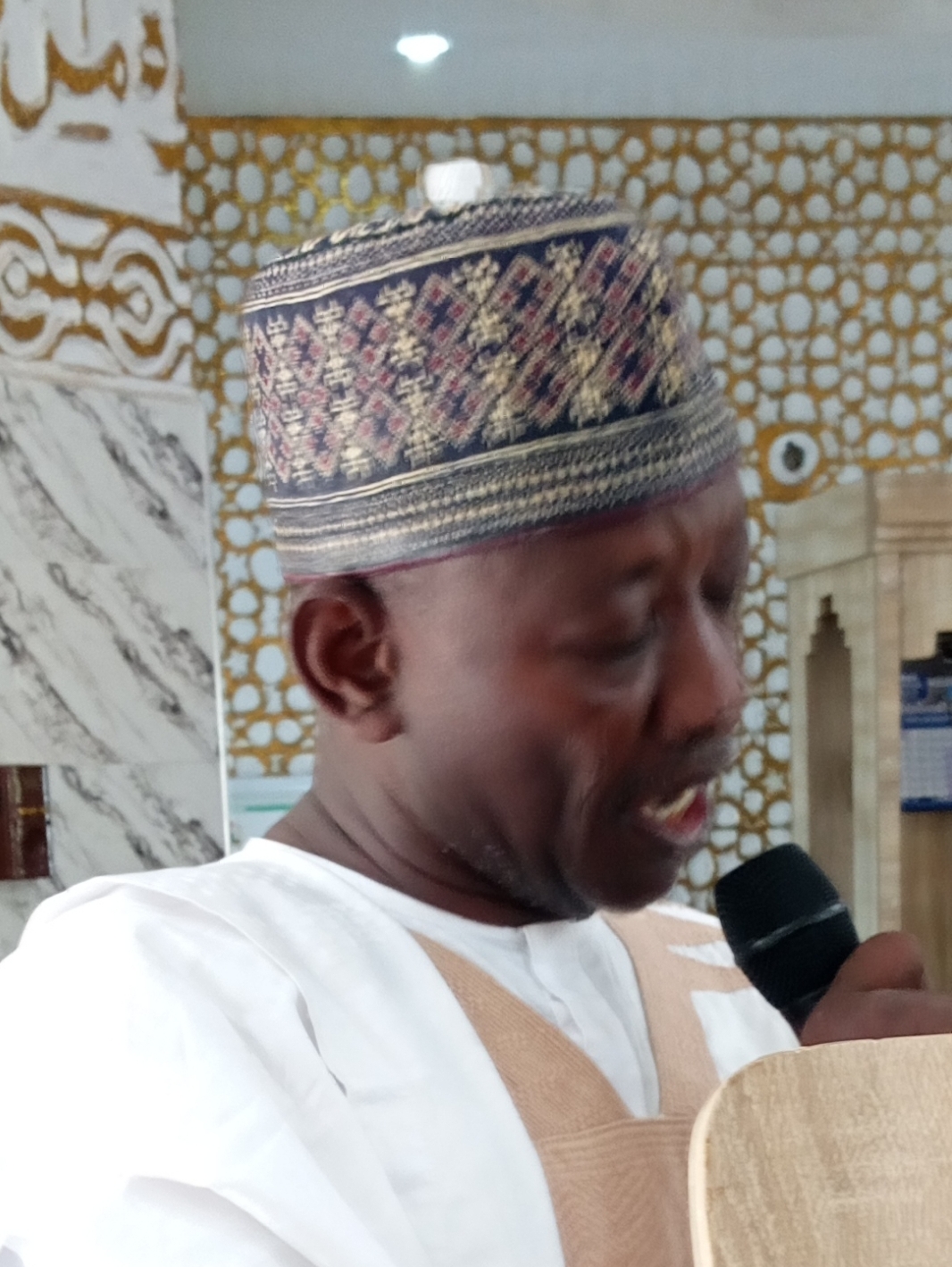By Musa Tanimu Nasidi
Eid is an important festival in Islam and is celebrated more than once a year. The two major celebrations fall at an important time according to the Islamic lunar calendar. Both Eid al-Adha and Eid al-Fitr are commonly called with their shortened version of Eid. Though the rituals are mostly similar in both the festivities, there is a vast difference between the reason for which they are celebrated.
Meanwhile, Eid al-Adha or the feast of sacrifice is celebrated on the 10th day of Dhu al-Hijjah that comes two months after Eid al-Fitr. It is believed to symbolise the ultimate sacrifice by Ibrahim, also known as Abraham in the Hebrew texts, to show his love and devotion to God.
On this day, Muslims offer the sacrifice of lamb or goat that is deemed a sacred offering.
Eid al-Adha also marks the end of the Hajj pilgrimage to Mecca in Saudi Arabia which is a mandatory religious journey to the holy place of Kabbah. It is believed that once a Muslim completes this journey, their sins are washed away and then that person is referred to as Hajji.
From the past two years, celebrations have been quite different due to the coronavirus lockdown, but, Muslim communities are still able to make the most of the festivals while they are together.
“The Prophet (PBUH) said that every nation has festivals to celebrate. Eids are the festivals for Muslims. The Muslims of Madinah also once stated that they used to have carnivals before the days of Islam”
(Sunan Abi Dawud). The Prophet (PBUH) replied that Allah gave the Muslims the two Eids instead
WHAT IS THE REASON FOR THE CELEBRATION OF EIDIL-ADHA?
Allah outlined the story of Ibrahim in relation to Eid in the Quran. He mentioned the story in Surah as-Saffat. Ibrahim (a.s.) asked Allah to bless him with a righteous son. Allah eventually answered his prayer, and a child was born. Ibrahim (a.s.) named the boy Ismail. This young child would himself go on to become a prophet of Allah.
The event took place when Ibrahim (a.s.) was getting old. He still had only one son, the righteous Ismail (a.s.). One night, Ibrahim (a.s.) saw a dream in which Allah commanded him to sacrifice Ismail (a.s.). Being a prophet and knowing the virtues of dreams, Ibrahim (a.s.) wasted no time obeying Allah.
Ismail (a.s.) was willing, knowing it’s all part of Allah’s plans. Ibrahim (a.s.) meanwhile terribly loved his only son. Yet, he put Allah’s will above all else. Hence, he prepared to do the deed.
As Ibrahim (a.s.) prepared to do the act and carry out Allah’s command, Allah called out to him and said that he had fulfilled the vision. This was a trial for the prophet. Allah says in the Quran that He rewards the people who do good. As a result of Ibrahim (a.s.)’s willingness for sacrifice, Allah replaced his son with a ram.
Allah also granted Prophet Ibrahim (a.s.) with more offspring later in the form of Ishaq, another future prophet. The Most Merciful elevated the status of Ibrahim (a.s.) among humanity. Today, he is known as the father of the monotheistic faiths all over the world. Islam, Christianity, and Judaism—all monotheistic faiths before the latter two were corrupted—are called the “Abrahamic” religions.
WHEN IS EIDIL-ADHA COMME.ORATE ? HOW MANY DAYS IS EIDIL- ADHA ?
This joyous occasion for Muslims takes place every year after Hajj. It is, therefore, celebrated on the 10th of Dhul Hijjah. Since the days of sacrifice are four, the festival is from 10–13 Dhul Hijjah. In the year 2020, this means Eid-ul-Adha is toward the end of the month of July.
SUNNAH AND ETIQUETTE WE SHOULD OBSERVE
The first thing that Muslims should do on the day of Eid-ul-Adha is ghusl. This sunnah action is mentioned in various Hadith, and it is highly recommended.
For Eid-ul-Fitr, Muslims should eat something like a date after this and before the prayer. However, on the day of Eid-ul-Adha, it is preferable to abstain from eating at this time. This is so that the Muslims can eat from the food of the sacrifice. Of course, this only applies to those who are capable and willing to perform a sacrifice.
Next is to adorn oneself with the best clothes that a person owns. Various Hadith document that Prophet Muhammad (S) and his companions would wear their best clothes and look their best for this special occasion. This is also natural human nature.
As Muslims then leave their home to head for the prayer, they should recite takbeer and greet each other. The peace greeting of the Muslims accompanied by Eid Mubarak, etc., are all acceptable forms of greetings.
Next, the Muslims head for the masjid or the location of the Eid prayer. This is usually held in a large open area, early in the morning. The prayer consists of two rakat and a khutbah (sermon). We should also make dua during this time. After the conclusion of the prayer, it is a well-known Sunnah for Muslims to return via a different route than the one they used for coming to the place of the Eid prayer.
After this, there are various activities that Muslims can partake in, such as visiting family, friends, neighbors, etc. They can enjoy good and halal food and drink, and take part is permissible activities for enjoyment.
ETIQUETTE FOR A PERSON WHO WISHES TO OFFER SACRIFICE
There are some restrictions for people who aim to offer sacrifice for Eid-ul-Adha. During the first ten days of Dhul Hijjah, they should not remove any of their hair, nails, or skin. If a person does any of these things, he should seek Allah’s forgiveness. However, if anyone has a medical condition or a serious reason to do any of the actions mentioned earlier, it is permissible.
THE SACRIFICE,QURBANI OR USHIYA
This is the crucial part of the day of Eid-ul-Adha. It is one of the significant rituals in Islam, and it results in much good for society. It has many virtues and benefits both from a religious and worldly point of view, which we will look at later.
We can perform the sacrifice at any time after the Eid prayer on the day of Eid-ul-Adha. The 10th of Dhul Hijjah and the next three days are all valid days for the sacrifice.
Muslims can sacrifice any of the specified animals for this sacrifice. They are camels, cattle, sheep, and goats. Allah tells the believers in Surah al-Kawthat to turn toward him in prayer and sacrifice for His sake alone.
The sacrifice is a confirmed Sunnah in Islam. All people who can easily afford it should take part in it. One person has to offer one sacrifice for himself and his family. There is a common misconception that sacrifice can only be on one person’s behalf. Hence, people often perform multiple sacrifices for family members. This is permissible, but it is not a requirement.
Of the permissible animals for sacrifice, cows and camels can be divided into seven portions apiece, whereas the smaller animals suffice for one person’s sacrifice.
There are two scholarly opinions about the rulings on sacrifice. The majority opinion held by the scholars is that it is Sunnah Muakkadah. This means that it’s a confirmed Sunnah that people should adhere to if they can do so. It is disliked to avoid it without any justifiable reason.
Some of the scholars believe that this sacrifice is obligatory upon all the Muslims who can perform it. However, this is not a widely accepted ruling.
CONDITION OF THE SACRIFICE
The animal must be from among the following: camels, cattle, sheep, goats.
It must have reached the age at which it is a mature animal.
It should not have any faults, such as defective eyes, sickness, lameness, or malnutrition.
The person offering the sacrifice must be the legal owner of the animal.
No one else should have any right to the animal.
We should perform the slaughter at the correct time. The time for sacrifice starts from after the Eid prayer on the 10th of Dhul Hijjah to sunset on the last day, i.e., the 13th of Dhul Hijjah.












